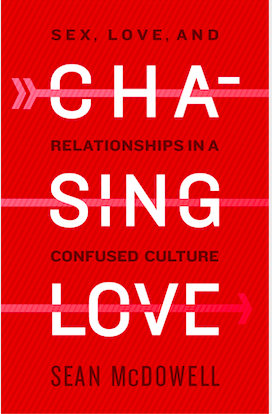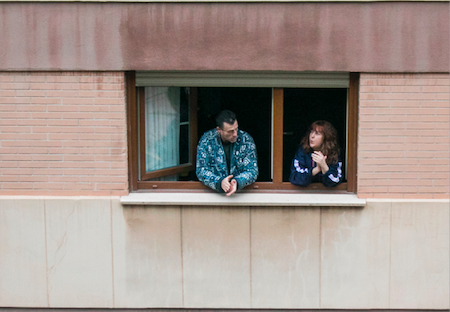SeanMcDowell.org
There is no doubt that people have suffered during the COVID-19 pandemic. People have lost jobs and thus suffered economically. Many others have suffered physically because of the disease. Yet there is another kind of suffering people have experienced during the pandemic that is revealing about the kind of world we inhabit.
We have all suffered relationally.
Kids yearn to be back in school to play with their friends. Grandparents long to hug their grandkids. Friends are eager to play cards, watch movies, and be together in the flesh. Zoom is a wonderful technology. But we can only stare at a screen so long without feeling the loss of not being together in person.
Here’s what the quarantine has revealed about human nature: We thrive in relationships and we suffer without them.
We want relationships. We need relationships.
Long before the quarantine, my friend Greg Ganssle eloquently stated the importance of relationships:
Our psychological and emotional development depends on the quality of our relationships. Our loving and being loved–our knowing another and our being known by another–touches the depths of our core identity. The single most important influence on the development of our core identity is our relational environment. A parent’s love and touch are crucial to the emotional well-being of a growing child. Without the concrete expression of this kind of love, a child develops serious psychological deficits. Emotional deprivation damages our core identities (Our Deepest Desires, p. 35).
Relationships and Reality
The Christian worldview makes sense of our relational nature. Let me explain.
Scripture teaches that God made human beings for relationships with Him and with other people. Adam walked with God in the Garden of Eden. He had perfect health, a perfect environment, and could play with the animals, and yet God declared that it was not good forAdam to be alone (Gen. 2:18).
Why? The first reason is because God gave humans the task of multiplying and filling the earth (Gen. 1:28), and Adam could not do this without Eve. But second, God also made humans to be in relationship with other human beings. We are not meant to live in isolation. We are made to live in families and communities with other people. Thus, we flourish in relationships with others and we suffer without them.
Why did God make us for relationship? The basic reason is because, on the Christian worldview, reality is fundamentally relational. God is a tri-personal being who eternally exists in a relationship of mutual submission and cooperation between the Father, Son, and Holy Spirit. Part of being made in the image of God is that we reflect God’s relational nature.
Atheism and Relationships
How does this compare with atheism? As Ganssle says, “If atheism is true, relationality is a shallow thing in the universe” (p. 40). In atheism, reality is fundamentally impersonal. Humans arrived late in the cosmos through a purely accidental and purposeless process. Our value for relationships is simply a byproduct of the survival value of cooperation. Again, Ganssle explains it well:
According to this [atheistic] view, the fundamental reality that gave rise to relationships is competition. Competition on an individual level gave way to competition on a group level. Our cooperative relationships with those within our group emerged through competition with other groups. Cooperation had survival value only because it increased one group’s ability to compete with other groups. Dispositions towards loyalty and sacrifice are subsumed under a competitive framework. Our current deep valuing of love and sacrifice, then, is a bit of an anomaly. In this view, it originated purely for survival value (p. 40-41).
This contrast certainly doesn’t “prove” Christianity is true nor that atheism is false. Maybe our relational desire did emerge through an accidental evolutionary process because it contributes to our flourishing.
This is possible but doesn’t strike me as reasonable.
At Home in the Universe
Are we really to believe that our deep desire and need for relationships are cosmic accidents? To me, it makes more sense to believe that our desire to love and be loved exists because God is love and He has made us for relationships.
The quarantine has revealed our deep need for relationships. It reveals that we are essentially relational creatures made to be in communion others, which suggests something about reality that is uniquely at home in the Christian worldview.
If you’re looking for a biblically-based and timely resource on sex, love, and relationships, check out my latest book for students: Chasing Love: Sex, Love, and Relationships in A Confused Culture. Order before Christmas and we will send you three exclusive interviews with James Dobson (founder of Focus on the Family), Richard Ross (founder of True Love Waits) and Josh McDowell (founder of Why Wait?)


